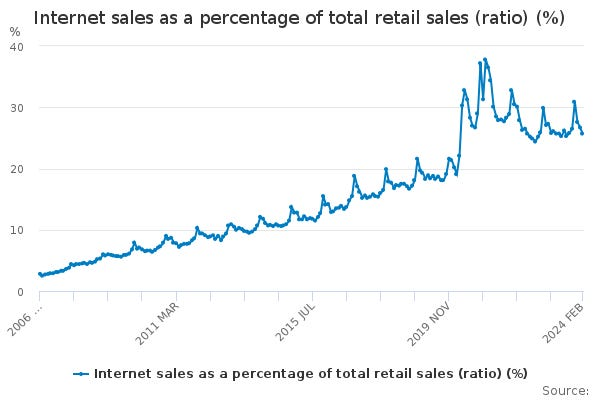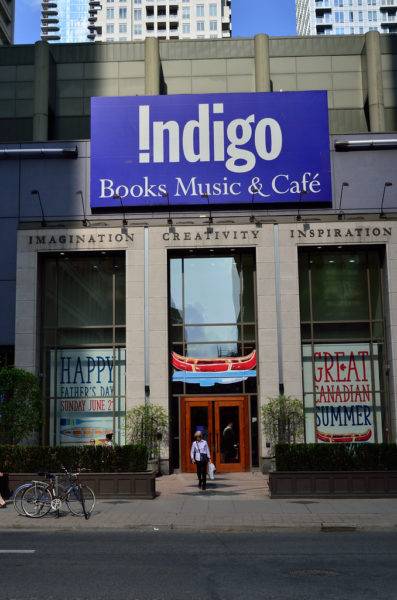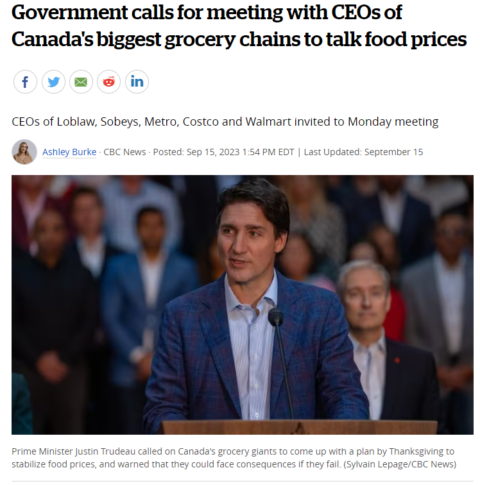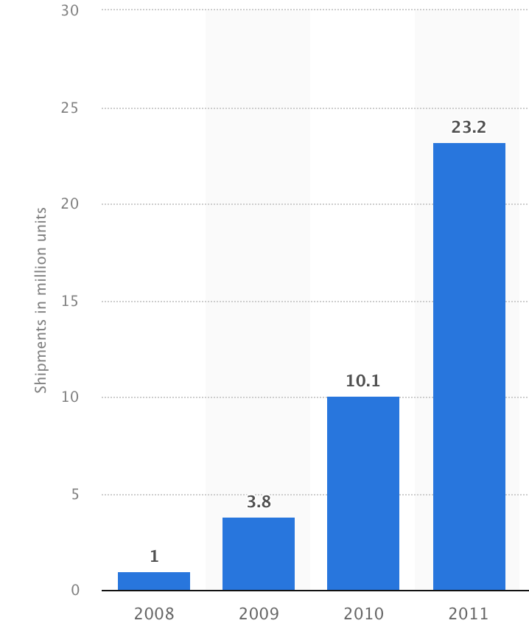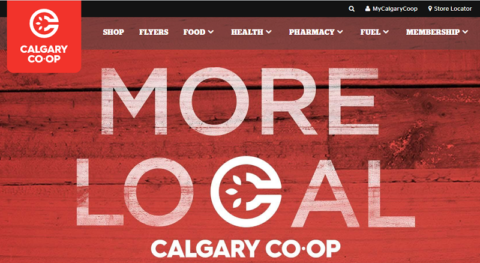Peeking out from behind the paywall, the latest installment of Ted Gioia‘s arts & culture briefing includes some good news for those of us who still remember when book stores actually sold books (unlike the last time I visited an Indigo store to find that the books were even more of an afterthought than ever):

“Barnes & Noble Book Store” by JeepersMedia is licensed under CC BY 2.0 .
The Barnes & Noble turnaround is really happening — and everybody in the culture business should learn from it.
More than a year ago, I celebrated the arrival of a new boss at Barnes & Noble who actually loves books.
This led him to do all sorts of brave things. He stopped promoting new titles based on kickbacks from publishers, and instead showcased books that people might actually enjoy reading.
This was an example of stealth culture mentioned above. Shoppers had no idea that the promoted books at the front of the store were chosen on the basis of financial incentives, not quality. And new boss Jamie Daunt shook the entire publishing business by turning down the cash.
He also empowered employees in the store, giving them freedom to feature books that they loved. He told his local booksellers to remove every title from every shelf, and “weed out the rubbish”. He wanted the staff to be excited about the books they sold.
I now have a happy update to my previous report.
Barnes & Noble has more than 60 new locations opening this year, and store foot traffic is improving steadily.
In an especially inspiring move, the company recently reopened a huge retail space in DC it had abandoned in 2013. After more than a decade, it returned to the same location and opened a flagship store.
When he took over, Daunt saw that the stores were “crucifyingly boring”. But now the excitement is back. Some visitors even compare Barnes & Noble nowadays to a theme park for books.
Kendra Keeter-Gray, a BookTok content creator with over 100,000 followers, told CNN that she and her friends could spend anywhere between 30 minutes to a few hours inside a Barnes & Noble, usually in the BookTok section where they trade recommendations and flip through currently trending novels.
“When you go to Barnes, it’s like an excursion almost. I would equate it to when I was little and my parents would take me to Six Flags,” she said.
Meanwhile here’s a completely different strategy for the book business …
In Japan, writers can rent out their own shelf at a local bookstore.
The new trend in Japanese bookstores is to sublease the shelves to outsiders. The result is the exact opposite of algorithm-chosen books. Every shelf is filled with surprises.
According to the South China Morning Post:
“Here, you find books which make you wonder who on earth would buy them,” laughs Shogo Imamura, 40, who opened one such store in Tokyo’s bookstore district of Kanda Jimbocho in April.
“Regular bookstores sell books that are popular based on sales statistics while excluding books that don’t sell well,” says Imamura … “We ignore such principles”.








